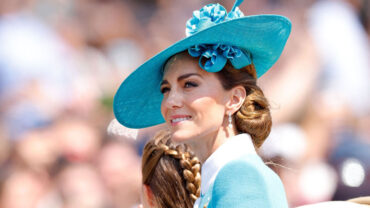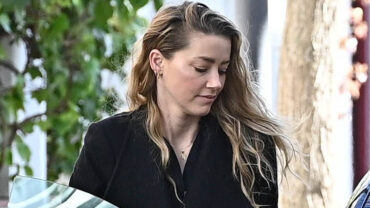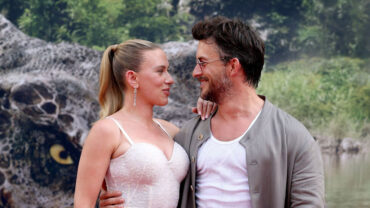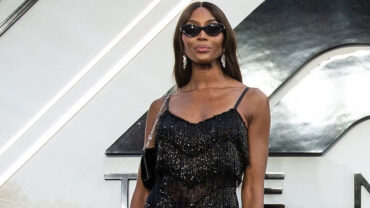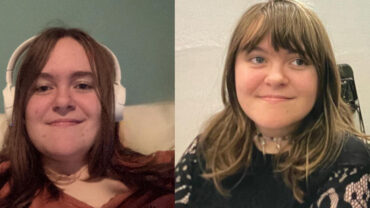This week, NBCUniversal announced that The Kelly Clarkson Show will take over the plum, 3 p.m. EST slot long occupied by Ellen DeGeneres after the latter ends her reign next year.
It’s a shift that will make Clarkson, in the words of one NBC executive, “the star of our daytime entertainment.” Some might even consider it a sort of moral victory—the sweet, big-hearted Texas girl taking over from, according to the reports that dogged DeGeneres last year, “notoriously one of the meanest people alive.”
Also Red: Ellen DeGeneres allegedly quit ‘Ellen Show’ because of Kelly Clarkson
But mostly, it’s a huge step up for Clarkson, who has managed to become daytime TV’s new heir apparent over the span of just two seasons, one of them filmed in the middle of a pandemic.
Ever since it premiered in 2019, The Kelly Clarkson Show has hit rating highs, racked up Daytime Emmy nominations and critical accolades, and earned renewals through at least 2023.
It’s the first genuine daytime hit in over a decade, thriving in a space that’s seen plenty of other celebrity chat fests come and go. How did Clarkson succeed where the likes of Harry Connick Jr., Megan Mullally, and Tony Danza failed?
If you read an article about her show, you’ll inevitably find some appraisal of Clarkson’s “authenticity.” It’s a pretty nebulous concept, this question of whether audiences can look at a celebrity reading cue cards from a soundstage and feel like they really know that person.
But authenticity is the crux of Clarkson’s appeal, these analysts agree, and it’s the reason why so many other, ostensibly likable stars have failed to click.

Clarkson is a multi-platinum pop star, a household name to senior citizens and Steve Carell alike. Yet she still manages to come off like she can’t quite believe someone actually gave her a talk show.
Some of this ease can surely be attributed to how she became famous. Clarkson, of course, got her big break on the first season of American Idol, the series that ushered in a wave of reality shows promising a more democratic form of stardom.
“Even though she has this voice of an angel and she has this huge talent, she’s one of us,” Alex Duda, her show’s executive producer, told The Daily Beast last year. “We chose her. She’s by the people for the people, right?”
Because fame was a gift we bestowed upon her (even though she’s worked tirelessly these past two decades to justify and maintain it), Clarkson manages to blur the line between celebrity and common-folk Cinderella story in a way that so many other hosts simply can’t.
Clarkson’s closest daytime competitor, The Drew Barrymore Show, looks a lot like Clarkson’s hour on paper. Barrymore plays your average dorky, wine-and-pasta-and-Hamilton-loving mom.
But no matter how many pesky juice stains she scrubs, it’s impossible to forget that she’s Drew Barrymore, scion to one of the world’s most prestigious acting dynasties, and a huge movie star since the age of seven.
And it probably doesn’t help that so many of Barrymore’s interviews—with her equally famous friends, former co-stars, and even ex-husbands—end up being about Barrymore herself.



